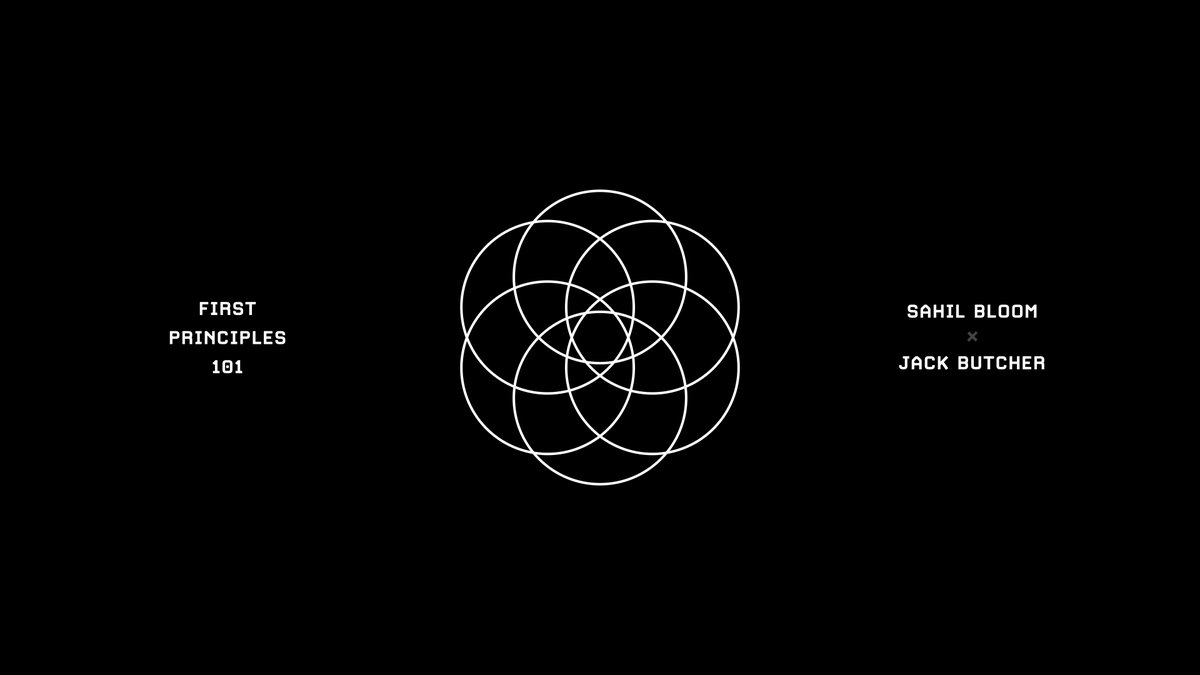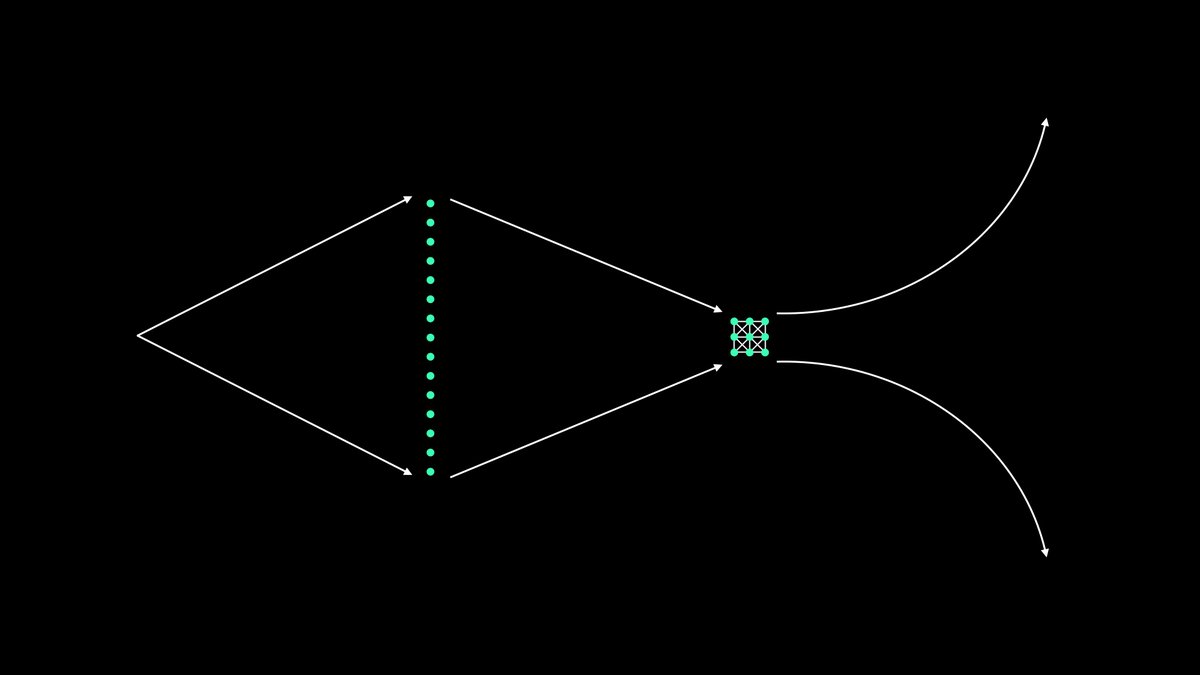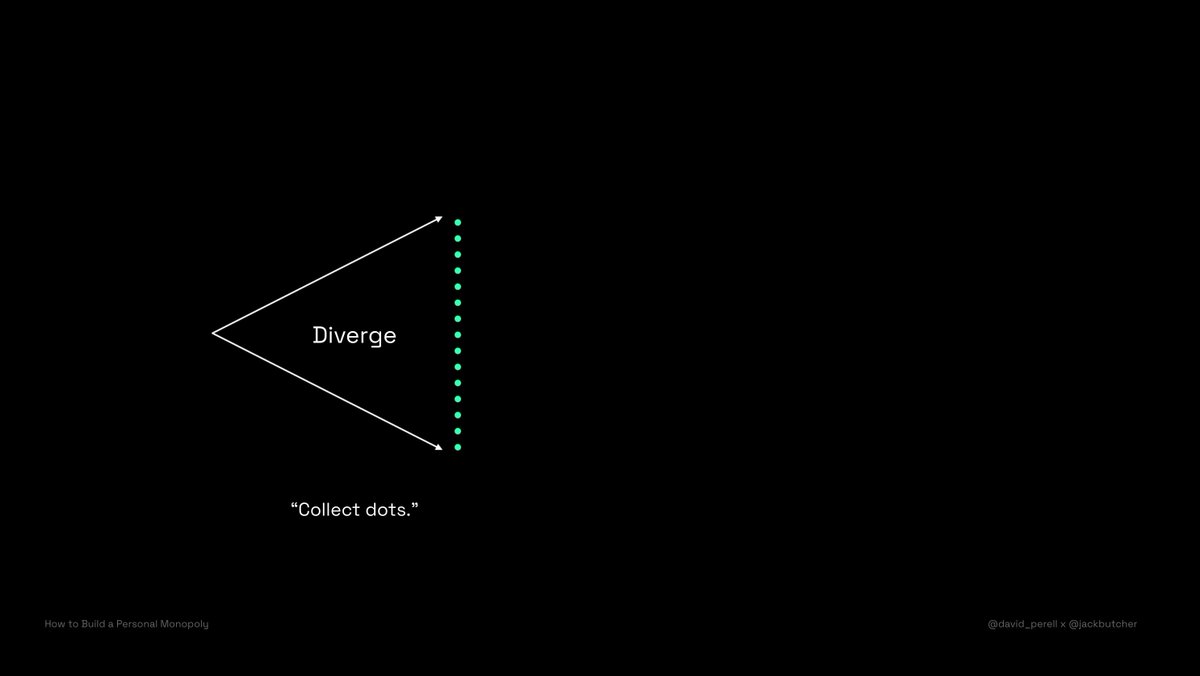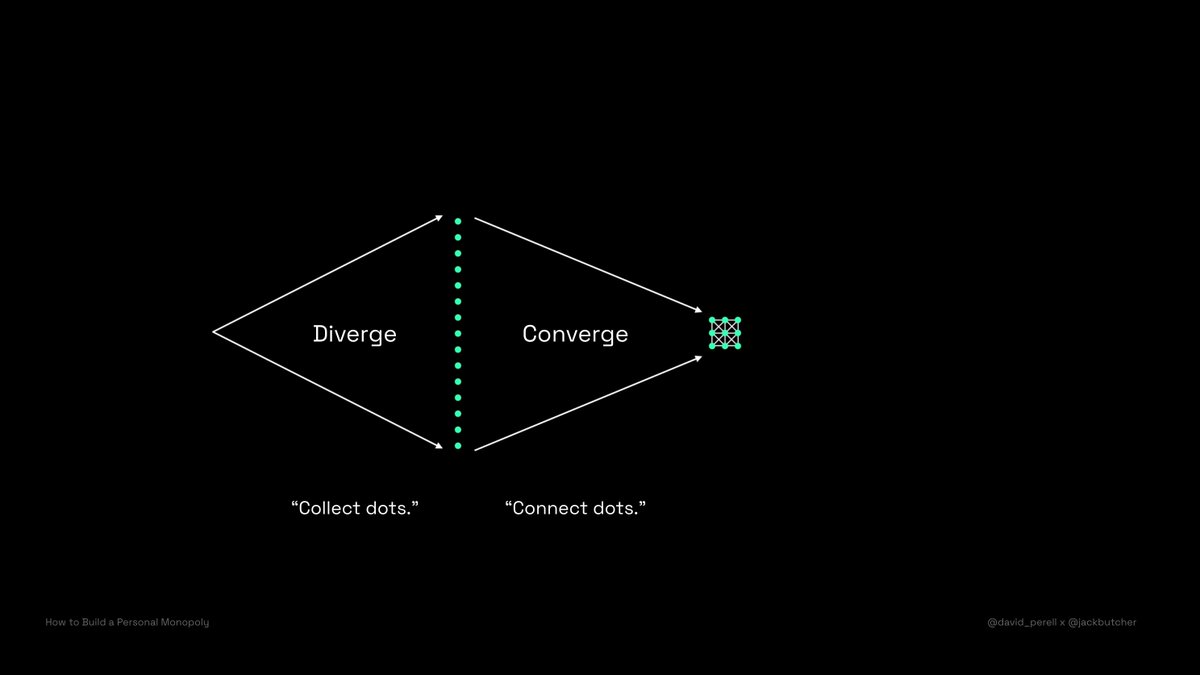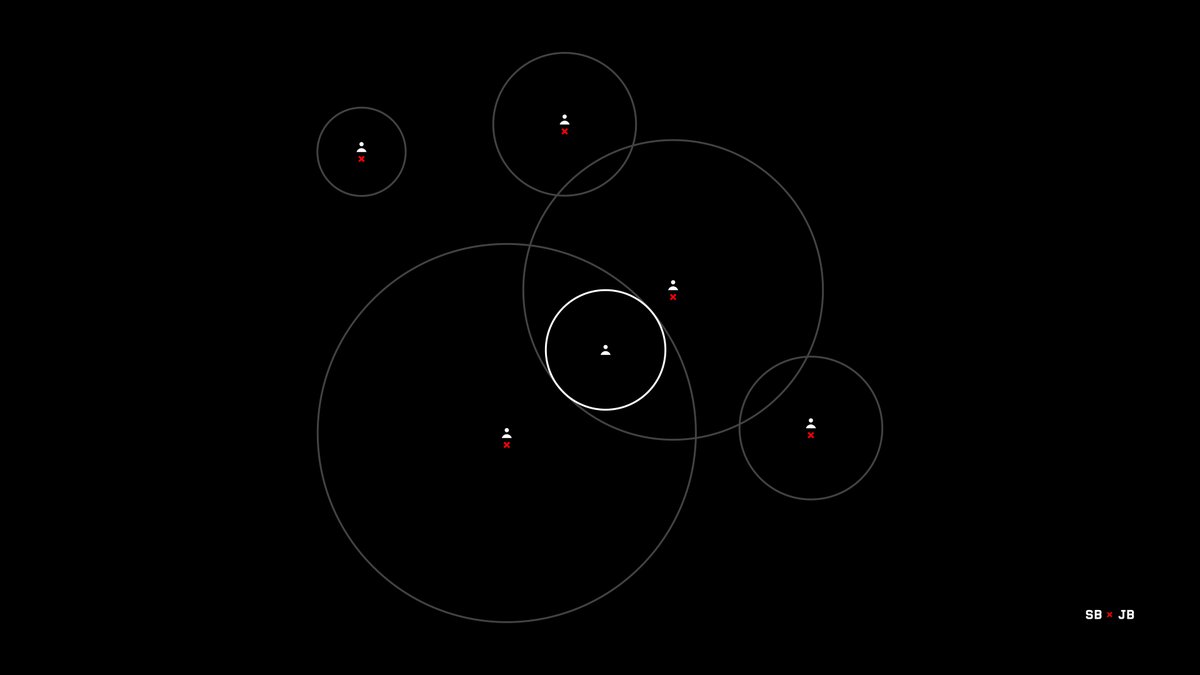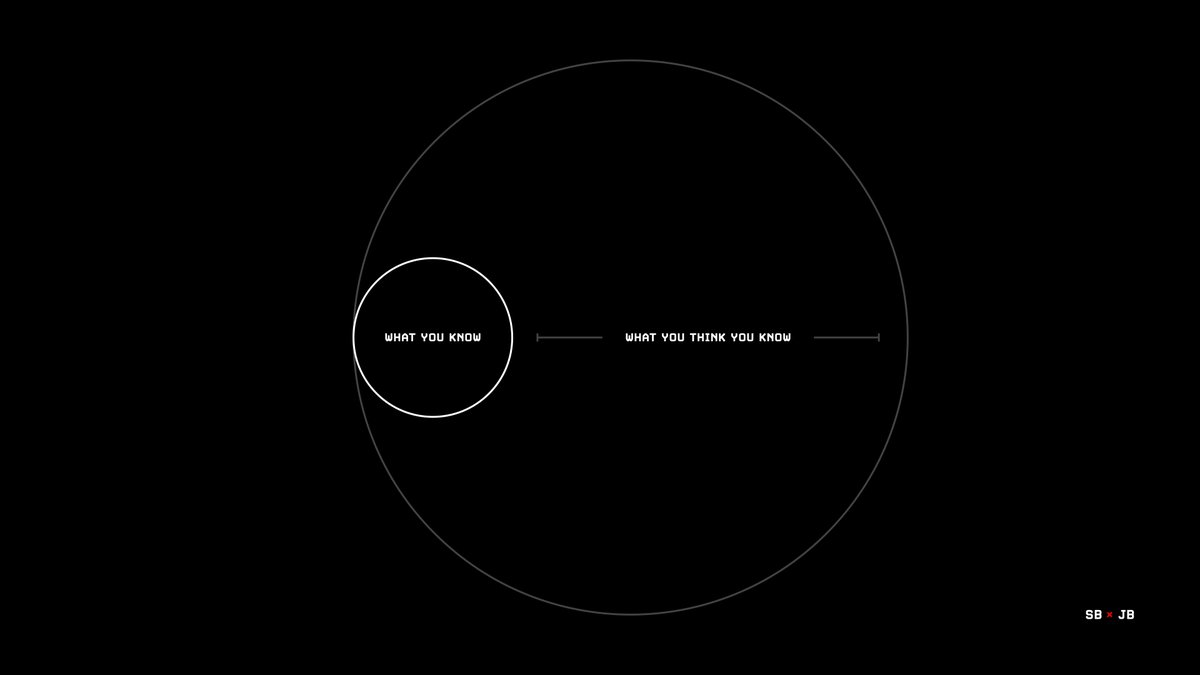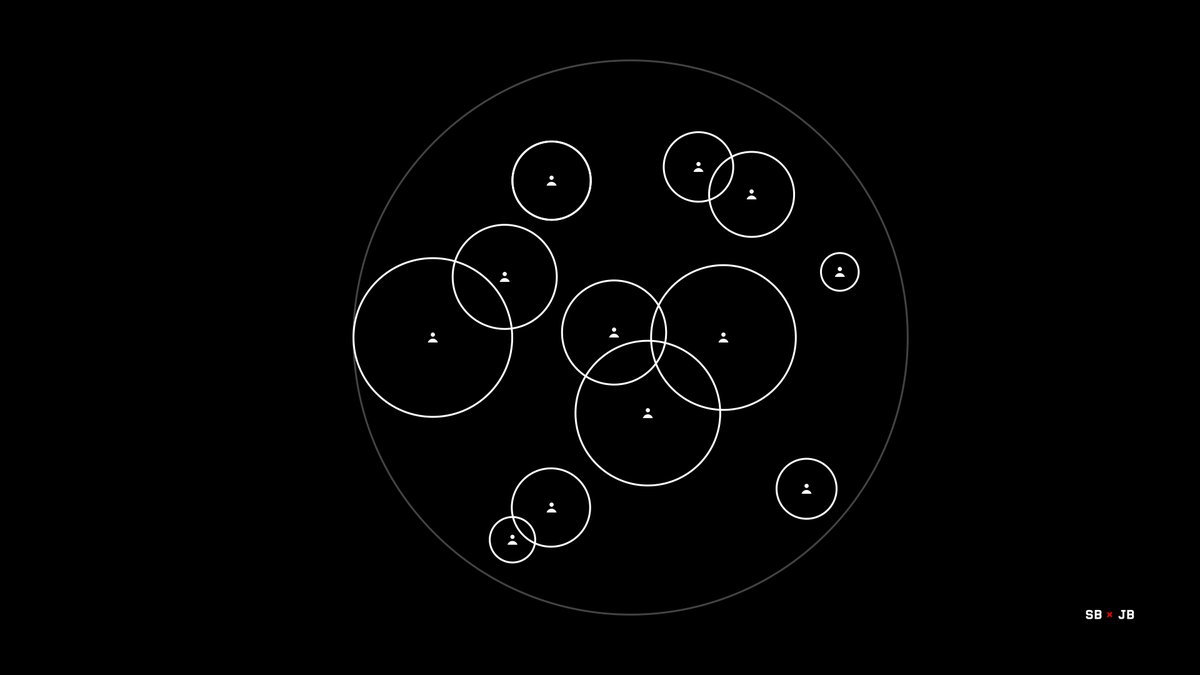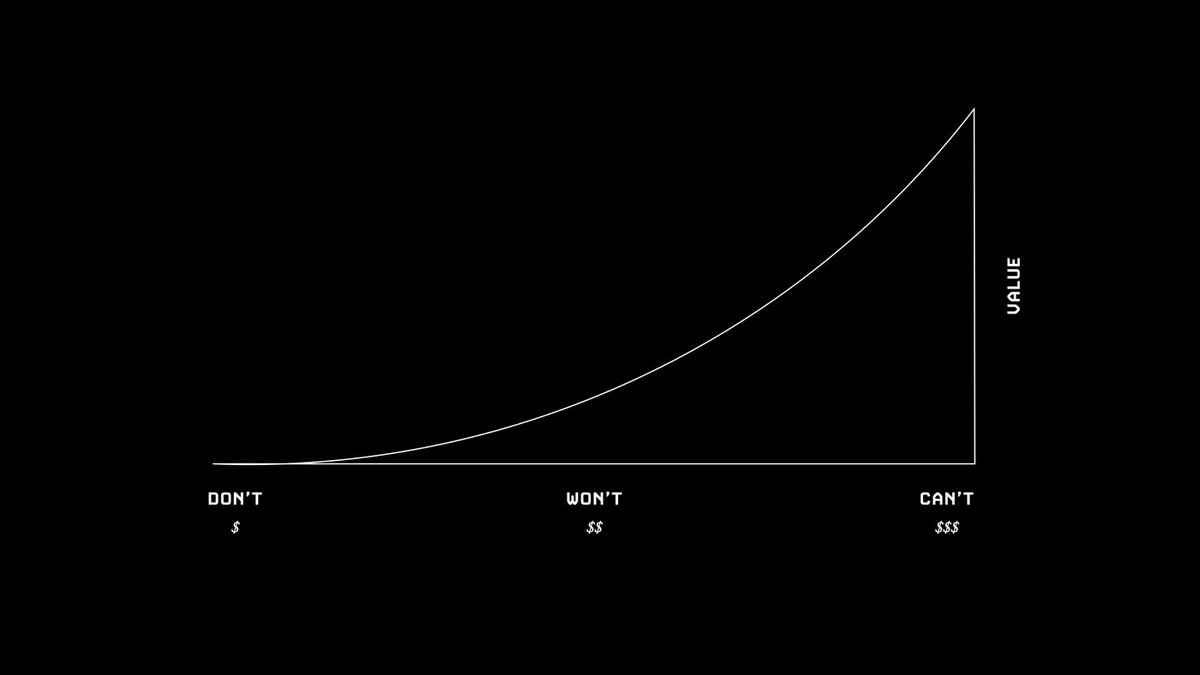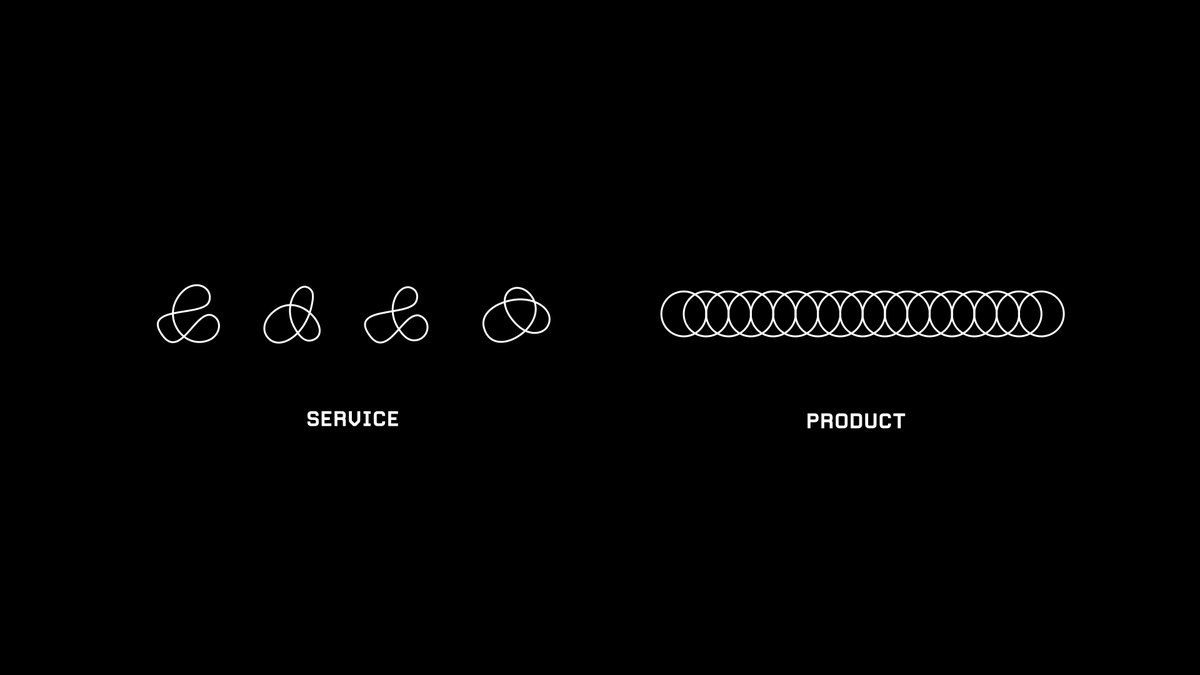
1/ First, a few definitions.
A "first principle" is a foundational assumption or proposition - it is foundational in that it cannot be deduced from other assumptions or propositions.
Think of a first principle like an element. It cannot be broken down further. It is pure.
A "first principle" is a foundational assumption or proposition - it is foundational in that it cannot be deduced from other assumptions or propositions.
Think of a first principle like an element. It cannot be broken down further. It is pure.
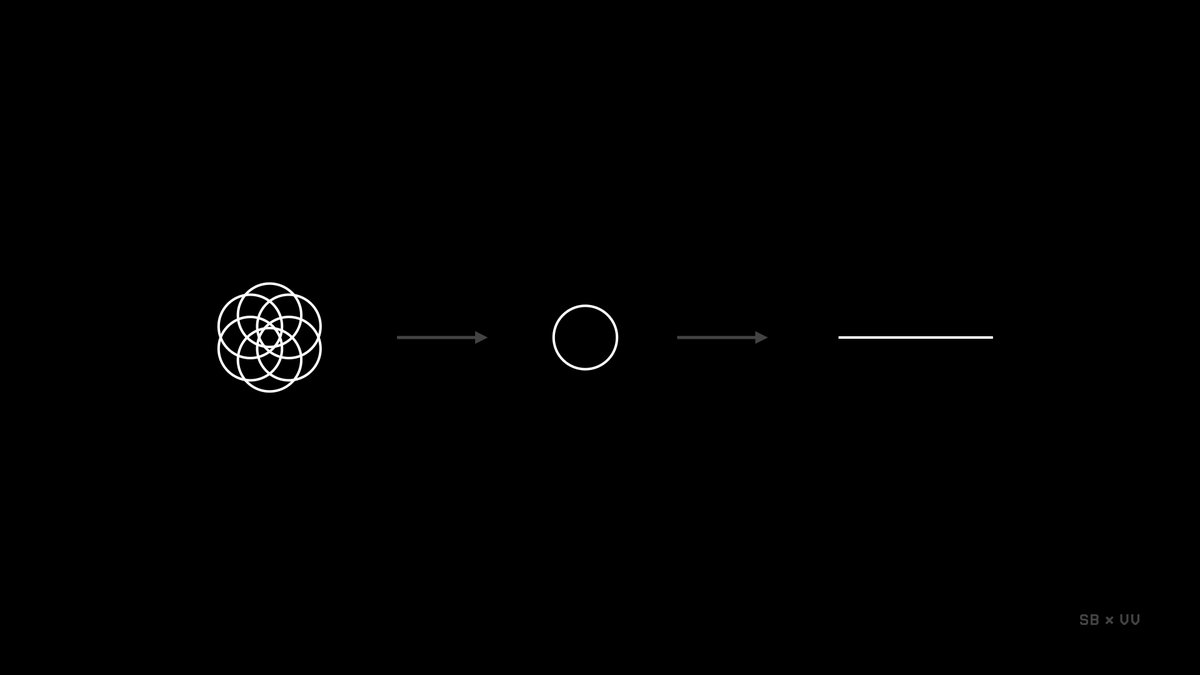
2/ "First principles thinking" (or "reasoning from first principles") is a problem-solving technique that requires you to break down a complex problem into its most basic, foundational elements.
The idea: to ground yourself in the foundational truths and build up from there.
The idea: to ground yourself in the foundational truths and build up from there.
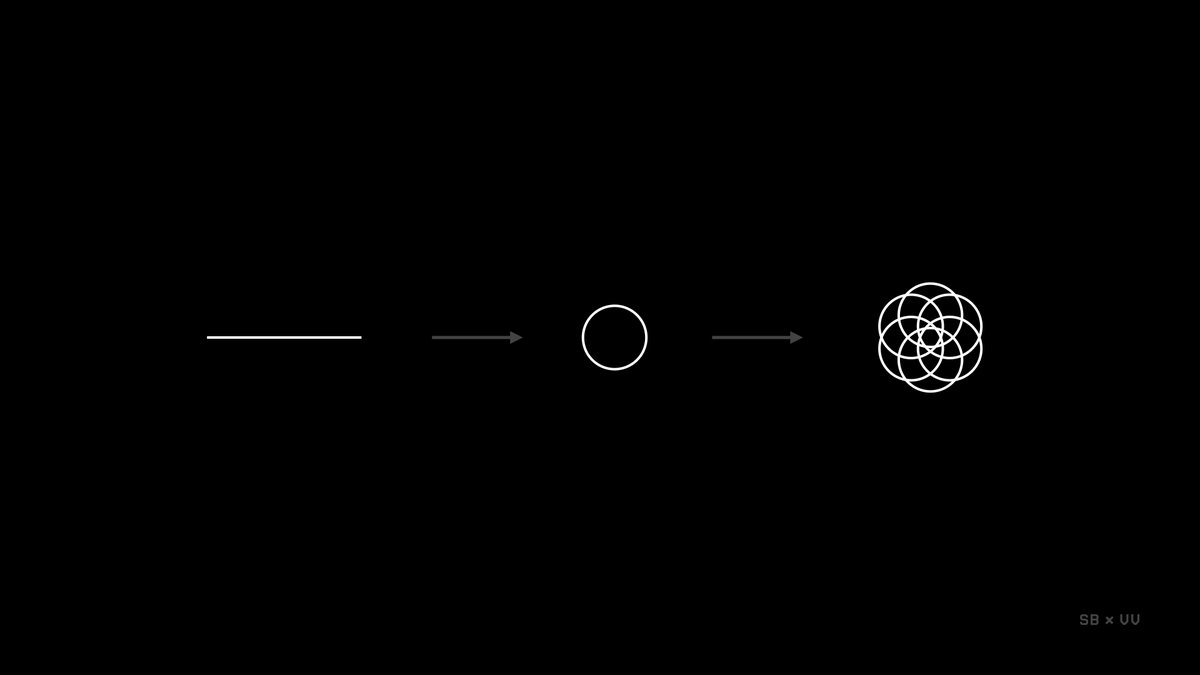
3/ When we encounter difficult problems, our tendency is to rely on base level assumptions we have been told are true (or believe to be true).
It's quick and easy to do so.
But it also leads to unimaginative, linear solutions that closely resemble all that has been done before.
It's quick and easy to do so.
But it also leads to unimaginative, linear solutions that closely resemble all that has been done before.
4/ This is called "reasoning by analogy" - it leads to solutions that are like something else.
It can be a useful heuristic when speed is required and novel solutions are not the goal.
But it falls short when dealing with complex problems in need of imaginative solutions.
It can be a useful heuristic when speed is required and novel solutions are not the goal.
But it falls short when dealing with complex problems in need of imaginative solutions.
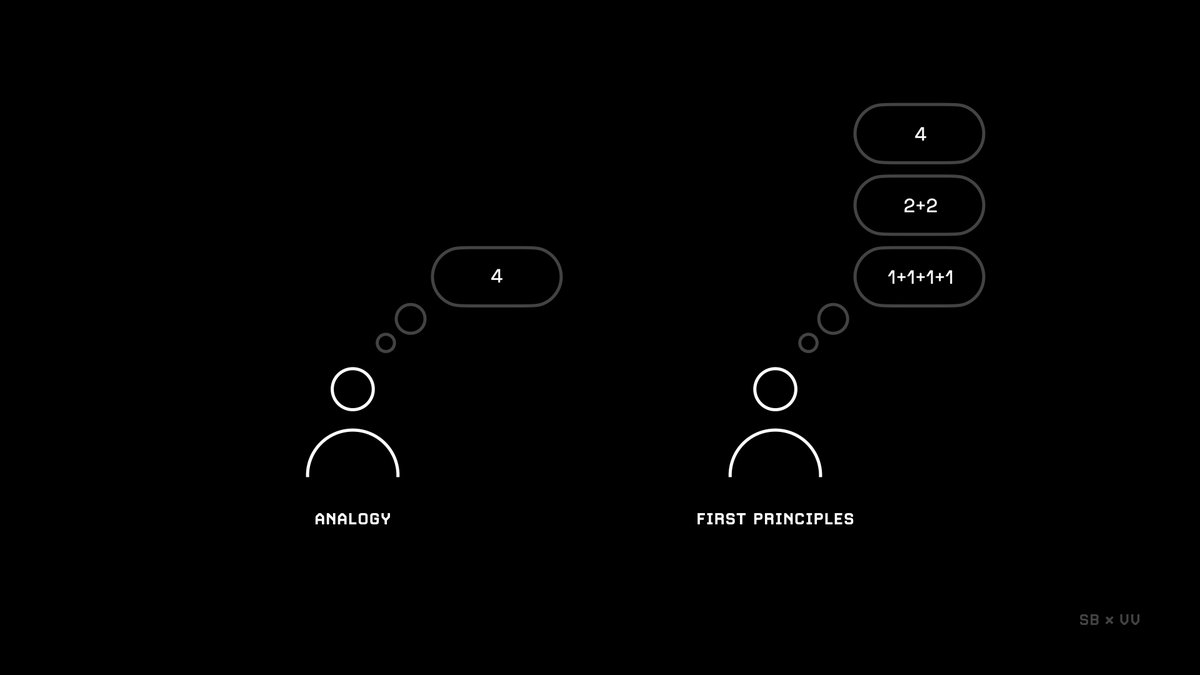
5/ Imagine the solution to a problem as a house. The foundation is the assumptions upon which the solution rests.
If the foundation is shoddy, the house will collapse.
If the foundation is sturdy, the house will hold up.
First principles form a sturdy foundation for the house.
If the foundation is shoddy, the house will collapse.
If the foundation is sturdy, the house will hold up.
First principles form a sturdy foundation for the house.

6/ To illustrate the flow of first principles thinking, let's look at a classic example.
The case of @ElonMusk and his original @SpaceX rocket.
The complex problem? Sending a rocket to Mars.
The logical first step: to obtain a rocket.
The case of @ElonMusk and his original @SpaceX rocket.
The complex problem? Sending a rocket to Mars.
The logical first step: to obtain a rocket.
7/ Musk discovered the cost of buying a rocket was otherworldly (sorry, couldn't resist!).
Buying a rocket for $65 million was not only untenable, it was also grounded in assumptions of how rockets have always been built and what they should cost.
He turned to first principles.
Buying a rocket for $65 million was not only untenable, it was also grounded in assumptions of how rockets have always been built and what they should cost.
He turned to first principles.
8/ He asked and answered basic, foundational questions.
What is a rocket made of? Aerospace-grade aluminum alloys, titanium, copper, and carbon fiber.
What is the value of those materials on the open market? Just ~2% of the typical rocket price.
So he decided to build his own.
What is a rocket made of? Aerospace-grade aluminum alloys, titanium, copper, and carbon fiber.
What is the value of those materials on the open market? Just ~2% of the typical rocket price.
So he decided to build his own.
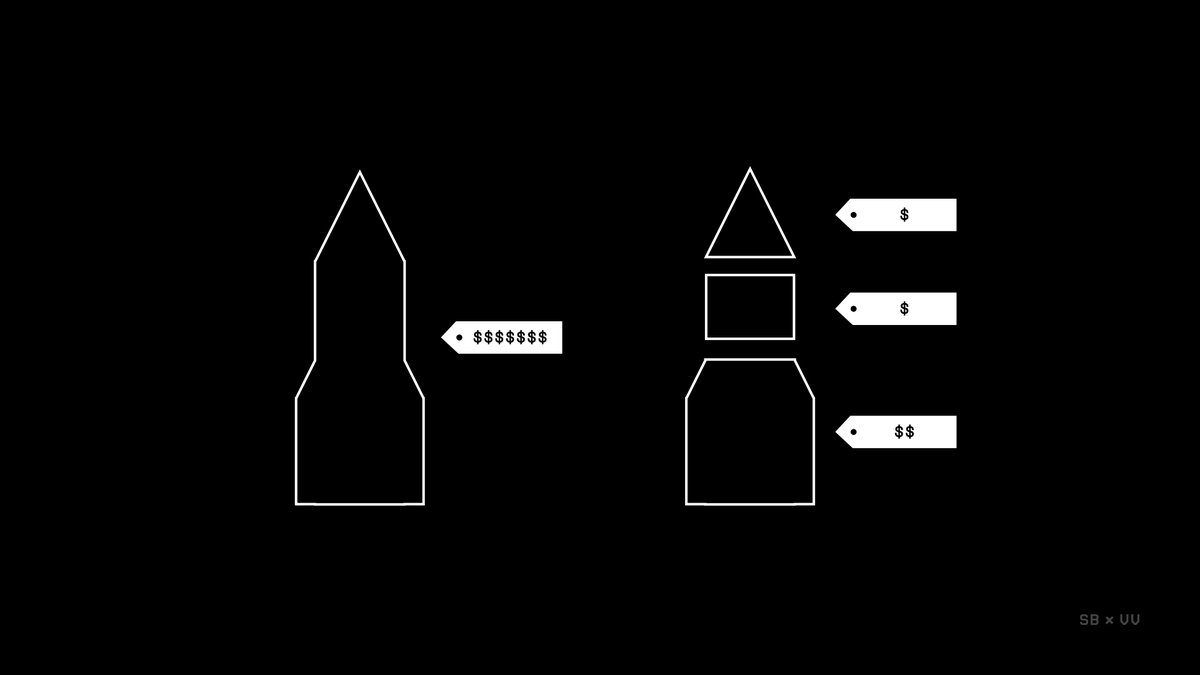
9/ Rather than accepting the "truths" he had been told about the cost of a rocket, Musk grounded his problem solving in first principles.
Today, @SpaceX rockets are safely delivering humans to space and the dreams of a Mars voyage are alive.
Score one for first principles!
Today, @SpaceX rockets are safely delivering humans to space and the dreams of a Mars voyage are alive.
Score one for first principles!
10/ There is no set way to establish first principles.
"Socratic questioning" - a technique where you use systematic questioning to drill-down to fundamental truths - is one method.
@FarnamStreet has a great primer on this in their article below.
fs.blog/2018/04/first-…
"Socratic questioning" - a technique where you use systematic questioning to drill-down to fundamental truths - is one method.
@FarnamStreet has a great primer on this in their article below.
fs.blog/2018/04/first-…
11/ Some questions you might ask...
Why do I believe this to be true?
How do I know this is true?
How can I support this belief?
What alternative viewpoints might exist?
In short, become an endlessly curious child again! Question anything and everything. Ask why!
Why do I believe this to be true?
How do I know this is true?
How can I support this belief?
What alternative viewpoints might exist?
In short, become an endlessly curious child again! Question anything and everything. Ask why!
13/ Aristotle defined a first principle as, "the first basis from which a thing is known."
The greatest thinkers and problem solvers agree: when solving a complex problem, ground yourself in first principles and build your solution up from there.
It will not lead you astray.
The greatest thinkers and problem solvers agree: when solving a complex problem, ground yourself in first principles and build your solution up from there.
It will not lead you astray.
• • •
Missing some Tweet in this thread? You can try to
force a refresh
